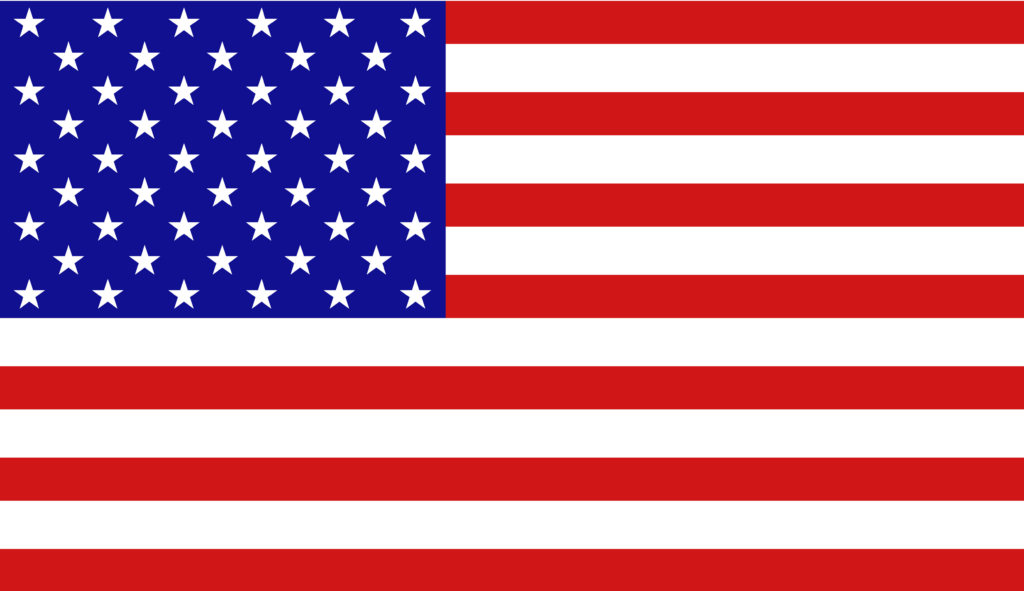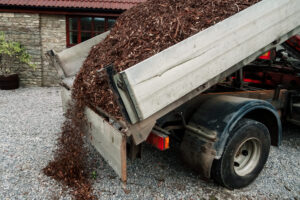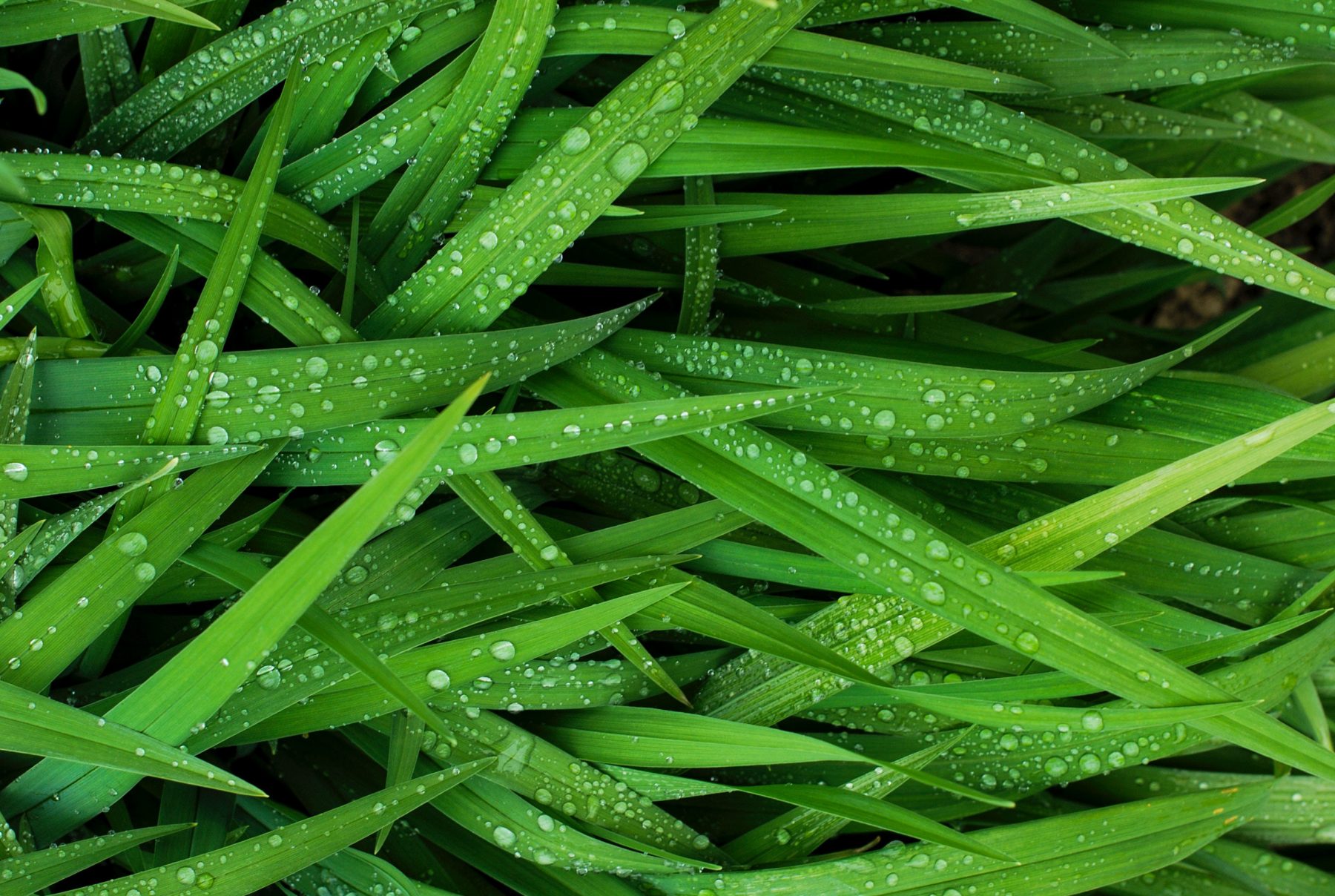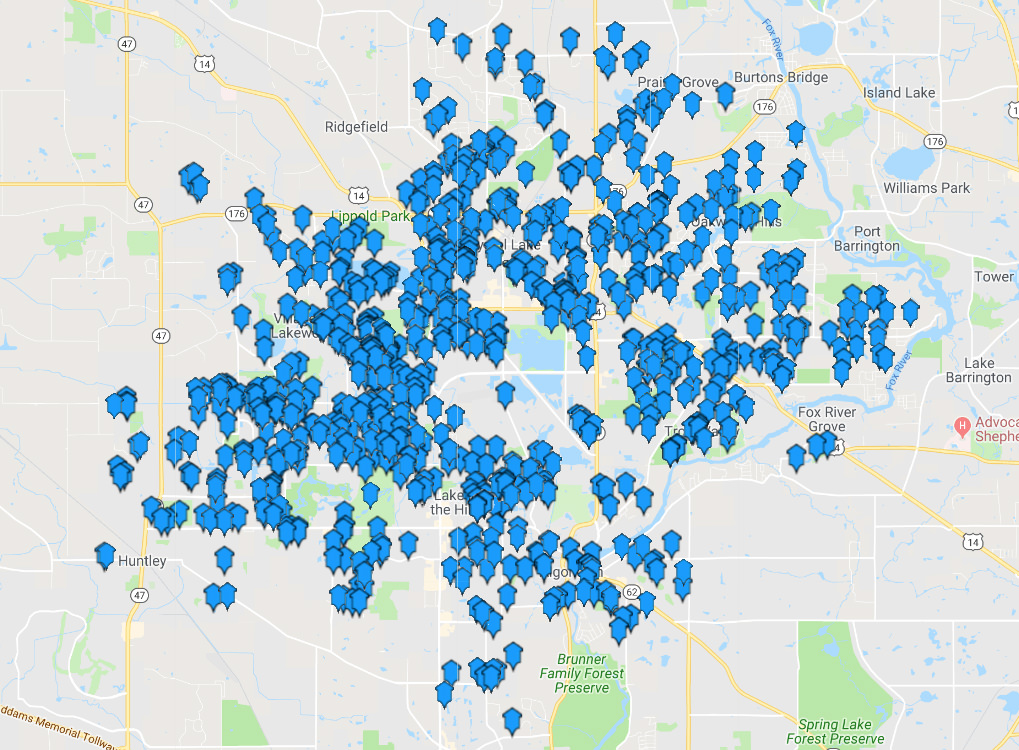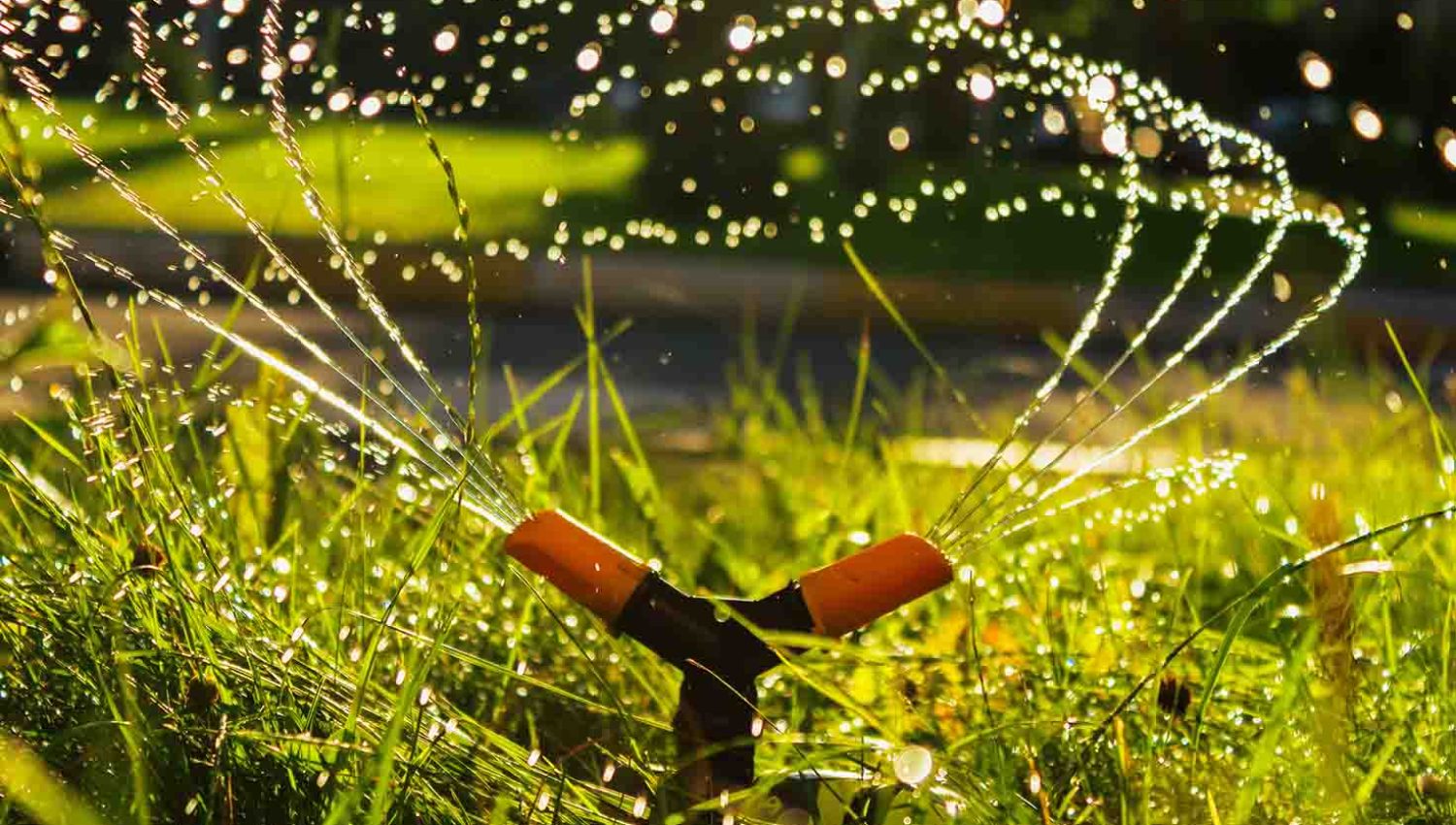
When Is The Best Time To Water Grass
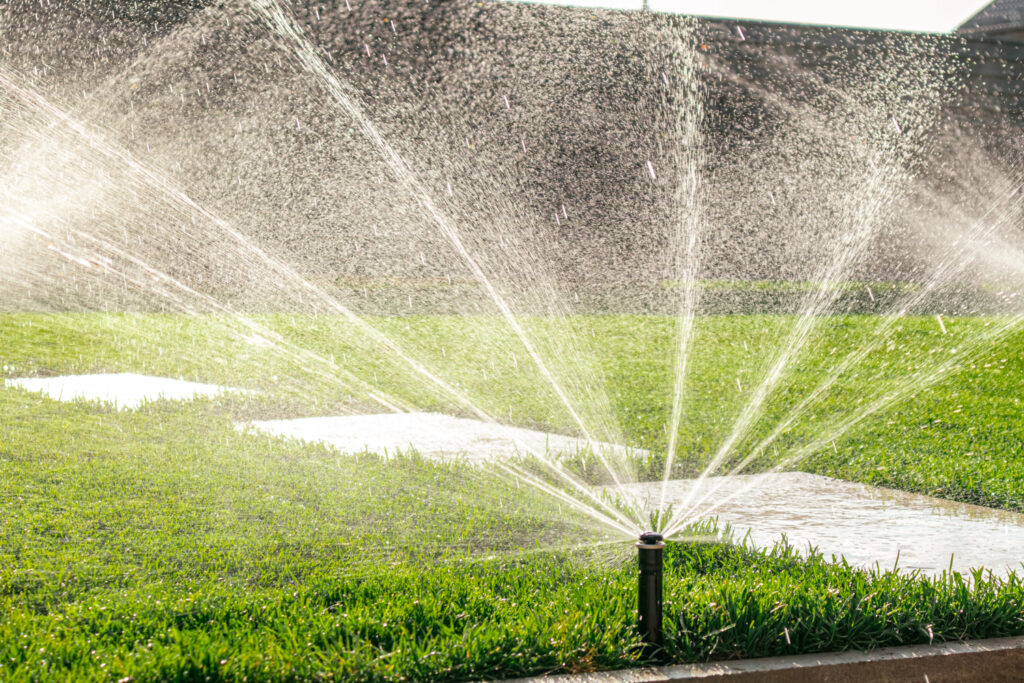
Early Morning Is The Best Time To Water Lawns
Early Morning
At or near dawn is the best time of day to water your lawn for several reasons. One of the biggest benefits of watering early in the morning is that there is less evaporation. This is because the sun isn’t as strong in the morning, and the air is typically more humid. This means that more of the water you apply will actually make it into the roots of your grass, where it can do the most good.
Morning temperatures are also cooler, and the wind is calmer in the early morning hours. Watering later in the day when it is warmer and windier almost always results in wasted water. Wind will blow water droplets off a blade of grass before it can be absorbed into the soil. The calmer the wind is, the better chance you’ll have at effectively watering your grass.
Perhaps the most important reason to water early in the day is to help prevent fungal diseases. When grass blades stay wet for too long, they are more susceptible to infections from various lawn diseases. Watering in the morning gives the grass blades enough time to dry out before nightfall, which is when fungal diseases are most active.
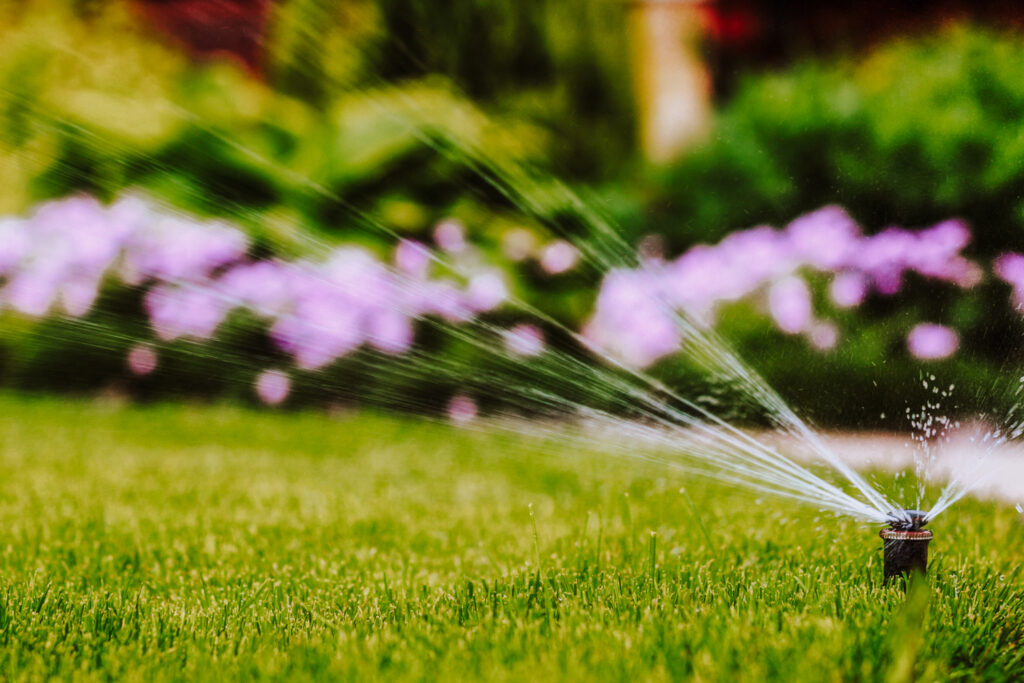
Avoid Lawn Watering During The Afternoon
Afternoon
Daytime watering is not the absolute worst thing you can do for your lawn, but it is not nearly as beneficial as early morning watering. The main problem with watering during the day is that temperatures are warmer. Watering your lawn when it’s too hot is wasteful because of how quickly the water will evaporate. This often leads to people overcompensating by applying more water than they should and killing their lawns.
It’s also important to note that grass stops growing when temperatures are too high, especially in cool-season climate zones like Illinois. If temperatures get too high during the day (95 degrees or higher), your grass will not be able to effectively absorb the water through its root system. Watering in the cooler morning hours is the best way to avoid this issue.
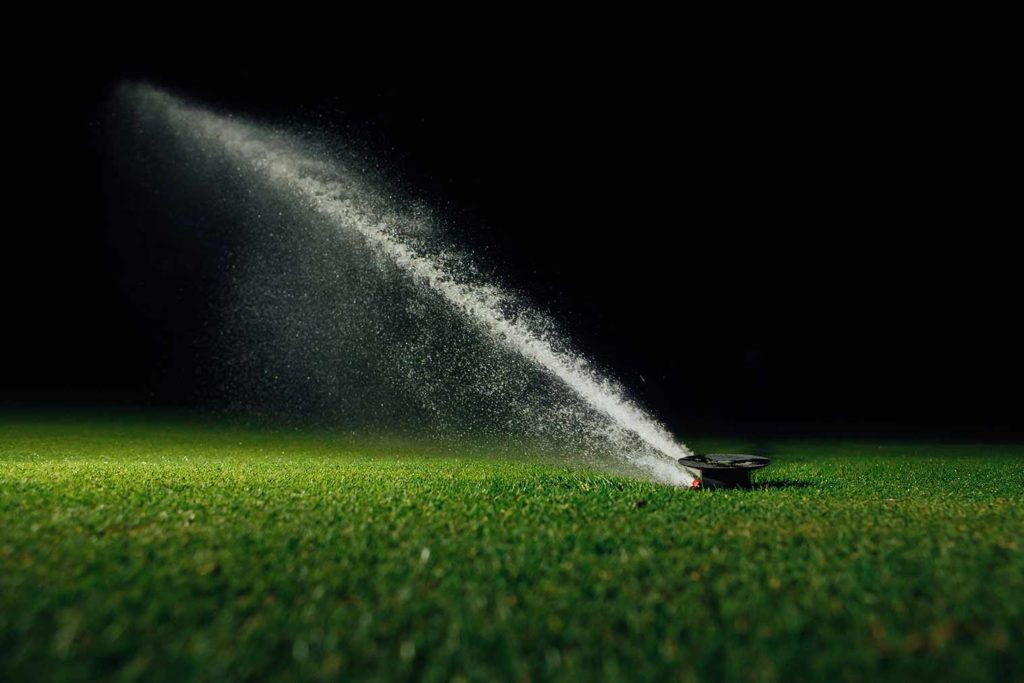
Never Water Your Lawn At Night
Late Night
If you are a lawn care enthusiast, you have probably seen people watering their lawns at night and wondered if there are any benefits. However, though it may be more convenient for your busy schedule, watering in the evening is actually one of the worst things you can do for your lawn.
The number one problem with watering at night is that it encourages fungal growth. As we mentioned before, grass blades that stay wet for too long are more susceptible to infection from various diseases. Watering at night keeps the grass blades wet all night long, which creates the perfect environment for fungi to grow. Ground temperatures are also lower in the evening, making water absorption even more difficult for your lawn. Below are just a few of the issues your lawn will face if you regularly water at night:
- Fungal Lawn Diseases
- Thinning Grass
- Standing Water
- Soil Compaction
- Grubs & Pests
- Lawn Weeds
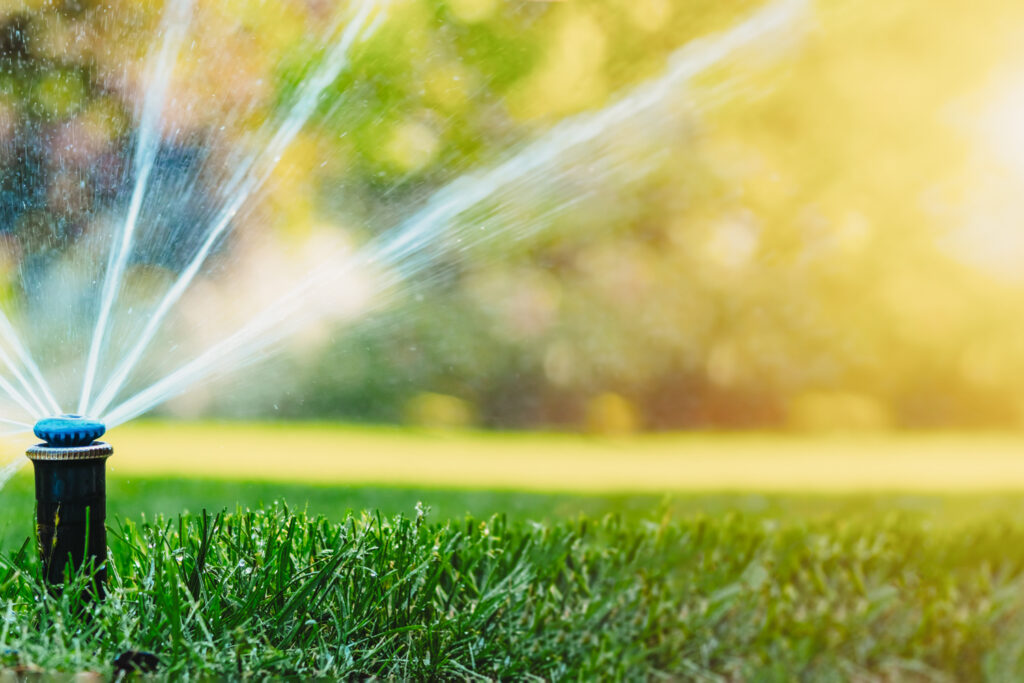
Now that we’ve answered the question of when to water your lawn, you might be wondering how much water it actually needs. Unfortunately, there is no one-size-fits-all answer to this question. The amount of water your lawn needs will vary depending on a number of factors, including the type of grass you have, the climate you live in, and the time of year.
That being said, a general rule of thumb is to give your lawn about 1 to 2 inches of water per week. To measure how much water you’re giving your lawn, place a few empty cans around your yard and turn on your sprinklers. After an hour or so, check the cans to see how much water they’ve collected. This will give you a good idea of how much water your lawn is getting.
If you’re not sure how often to water your lawn, it’s always best to err on the side of too little rather than too much. Over-watering is one of the biggest mistakes people make when it comes to lawn care. Too much water can actually do more harm than good, leading to problems like root rot and fungal diseases.
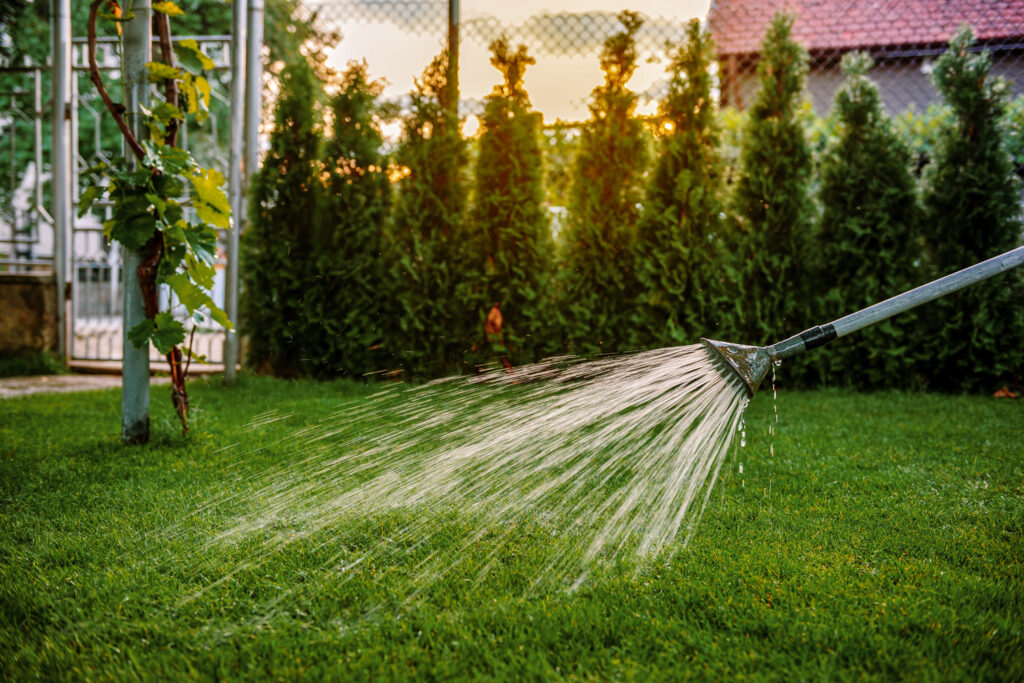
As we mentioned before, the amount of water your lawn needs will vary depending on a number of factors. That being said, most experts recommend watering your grass about once or twice a week. If you live in a particularly hot or dry climate, you may need to water more often. Conversely, if you live in a cooler climate with regular rainfall, you may be able to get away with watering less often. However, keep in mind that cool-season grass types, such as Kentucky bluegrass or perennial ryegrass, require about 20% more water than warm-season grasses.
The best way to determine how often you should water your lawn is to check the soil. The soil should be moist but not soggy when it’s time to water again. You can check the moisture level by sticking your finger into the ground up to the second knuckle. If the soil is dry and crumbly, it’s time to water. If the soil is wet or muddy, you probably don’t need to water quite yet.
Established Lawns
Give your existing lawn 1 to 2 inches of water per week, and try to limit watering sessions to twice per week. Deeper, infrequent watering promotes healthier roots and grass. As always, allow a heavy rainfall to replace a watering session.
New Lawns
Grass seed needs extra TLC in order to germinate, and it all starts with the water. Start by watering each seeded section for 30 minutes daily. After 2 weeks, switch to every other day until grass reaches 3 inches tall. After that, you can switch to your normal watering routine for established lawns.

The short answer is yes – your lawn needs water in every season. However, the amount of water it needs will vary depending on the time of year. In general, your lawn will need less water in the cooler months and more water in the hotter months. Cool-season lawns go dormant when ground temperatures are 40 degrees or below, and warm-season lawns go dormant in soil that is 65 degrees or below. During dormancy, you could apply just 1/2 an inch of water every 2 weeks to keep the crowns hydrated.
Cool-season lawns in Illinois typically start needing regular watering sessions in early April and continue through mid-October. Warm-season lawns in Illinois typically need watering from early May through mid-September. Remember that each type of grass has unique needs and features. This guide will help provide you with more information on how to treat your particular grass type.
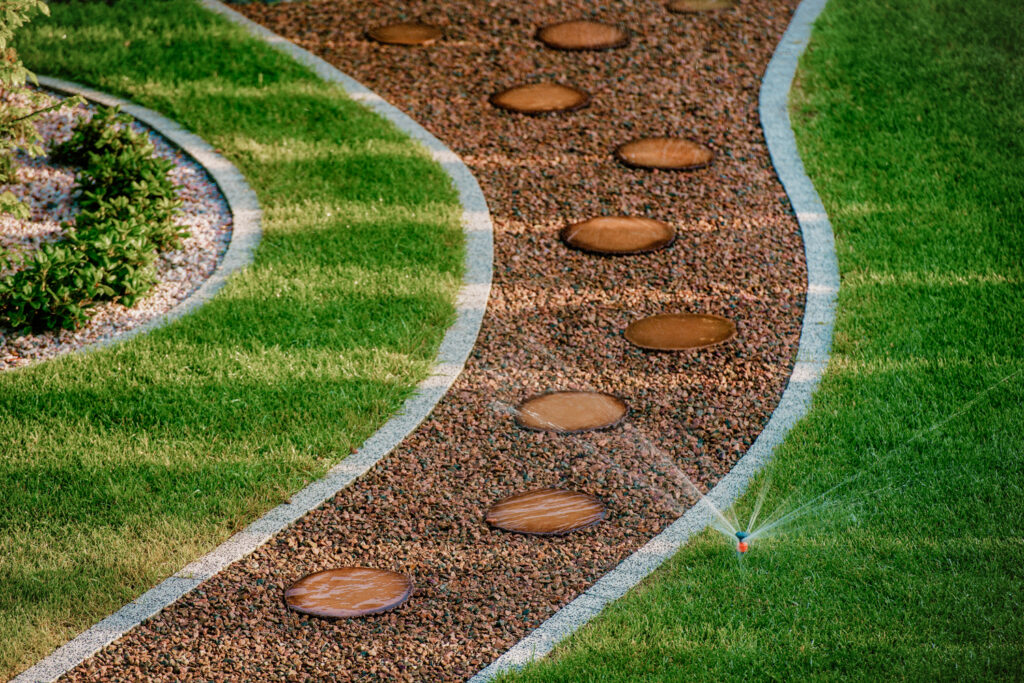
A professional lawn care company is the way to go if you want to make sure your lawn is watered properly. The technicians at Elite know how much water to apply at what time, so you never have to worry about improper watering leading to diseases or dead grass. If you have a thirsty lawn, you need Elite Lawn Care!
Start Your Quote Today! Getting Started
Get your weekend back & simplify your life this season. Trust Elite Lawn Care for your Lawn Care, Landscaping & Snow Removal needs.
-
1Choose Your ServicesChoose the services your property needs throughout the year.
-
2Set Up & Finalize Your AccountFill out the form & one of our team members will contact you.
-
3Discover The DifferenceServices are automatically scheduled, completed & billed.

